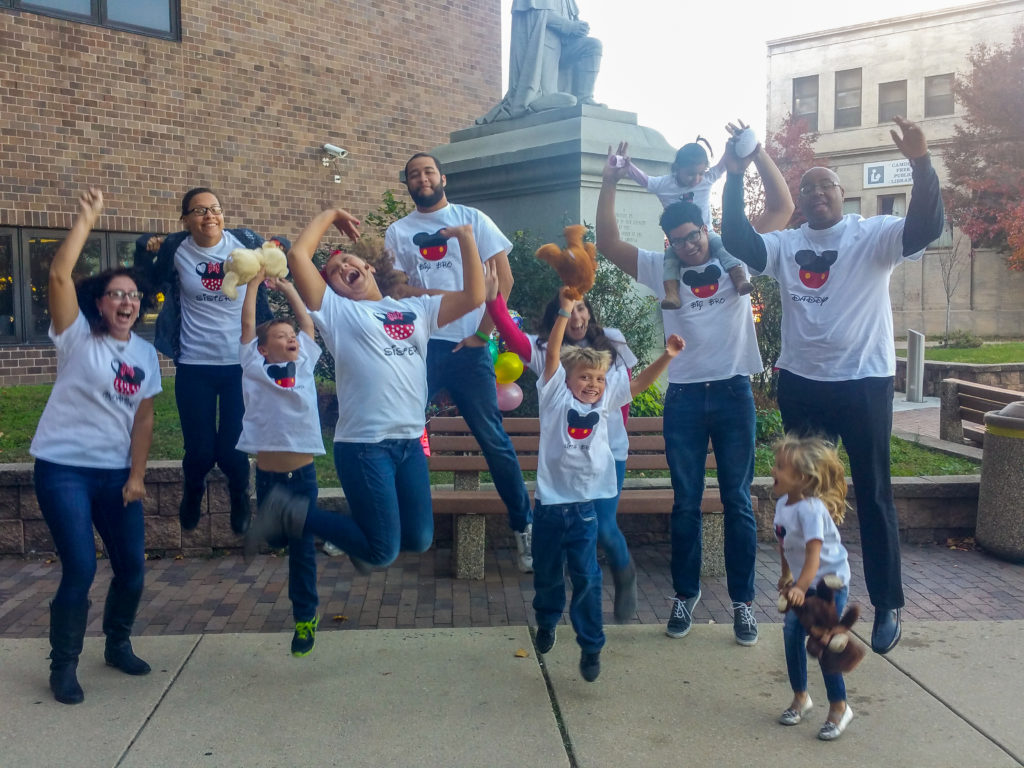According to the LA Times, Los Angeles community colleges, roughly 44,000 students are struggling with homelessness. Housing costs for students are a problem across the nation, but for foster youth the crisis can be made worse if they are not adopted or their foster families are not supportive.

Reporting on the issue, the LA Times spoke with former foster youth Myriah Smiley, 19, who had her food stamp supply cut off when she received a welfare check. Forced to resort to couch surfing as she studies and dreams of opening her own bakery, Smiley said she’s often forced to go hungry: “I cry at night and hope for better days.” Smiley’s story is not an unusual one; according to a University of Wisconsin Hope lab study, 29% of former foster youth attending community college nationally are homeless.
Continue reading





